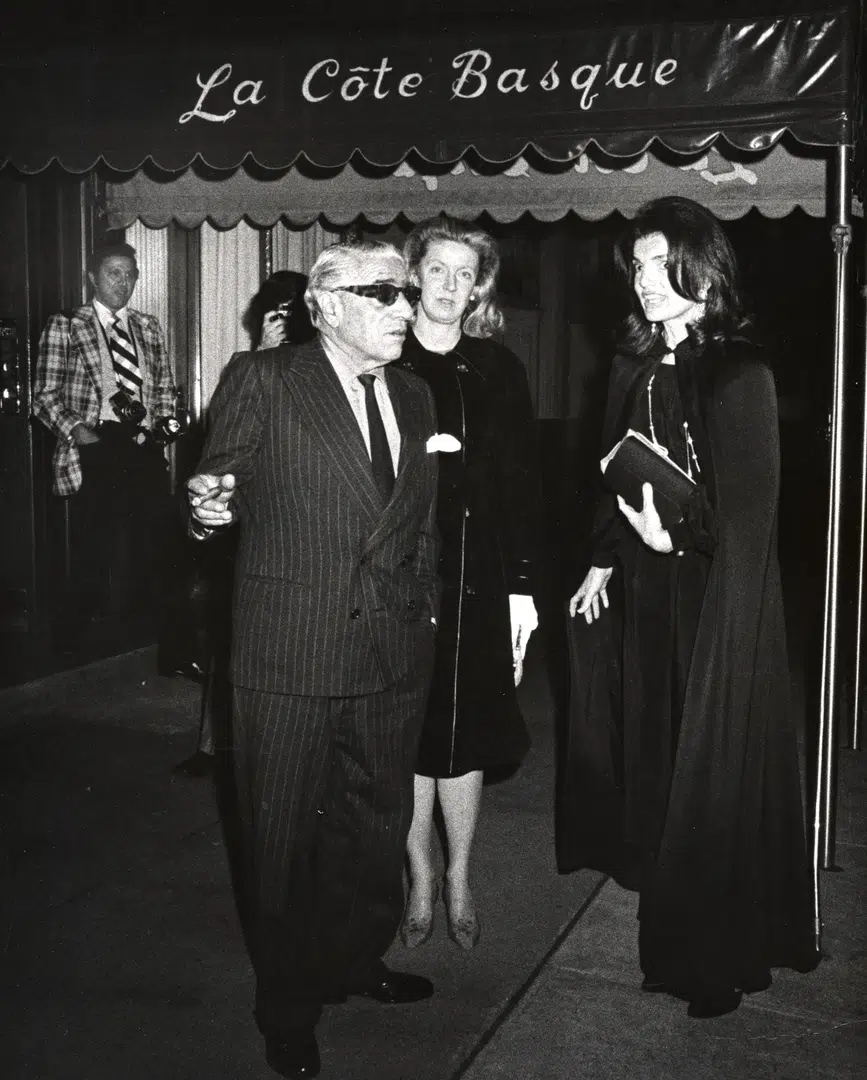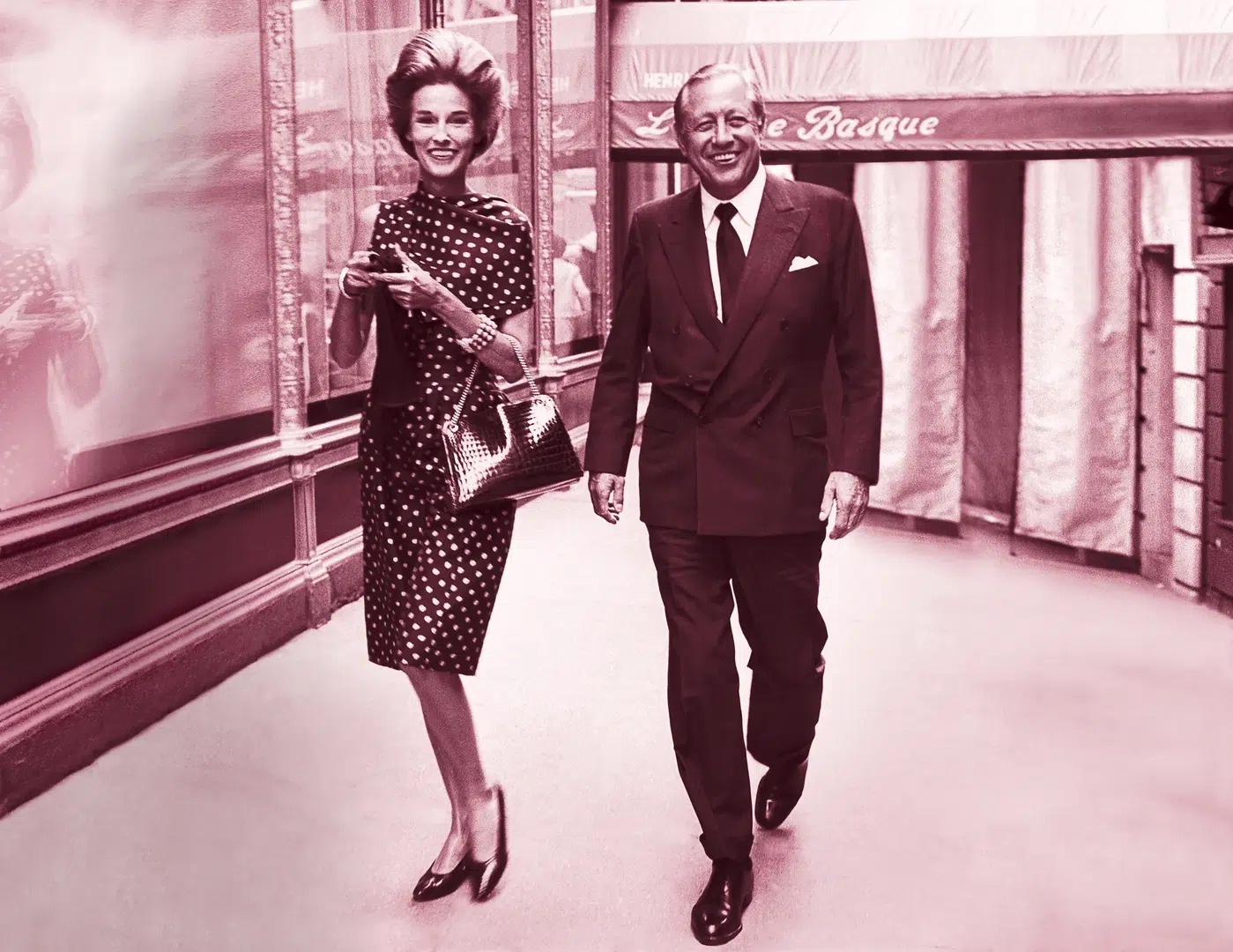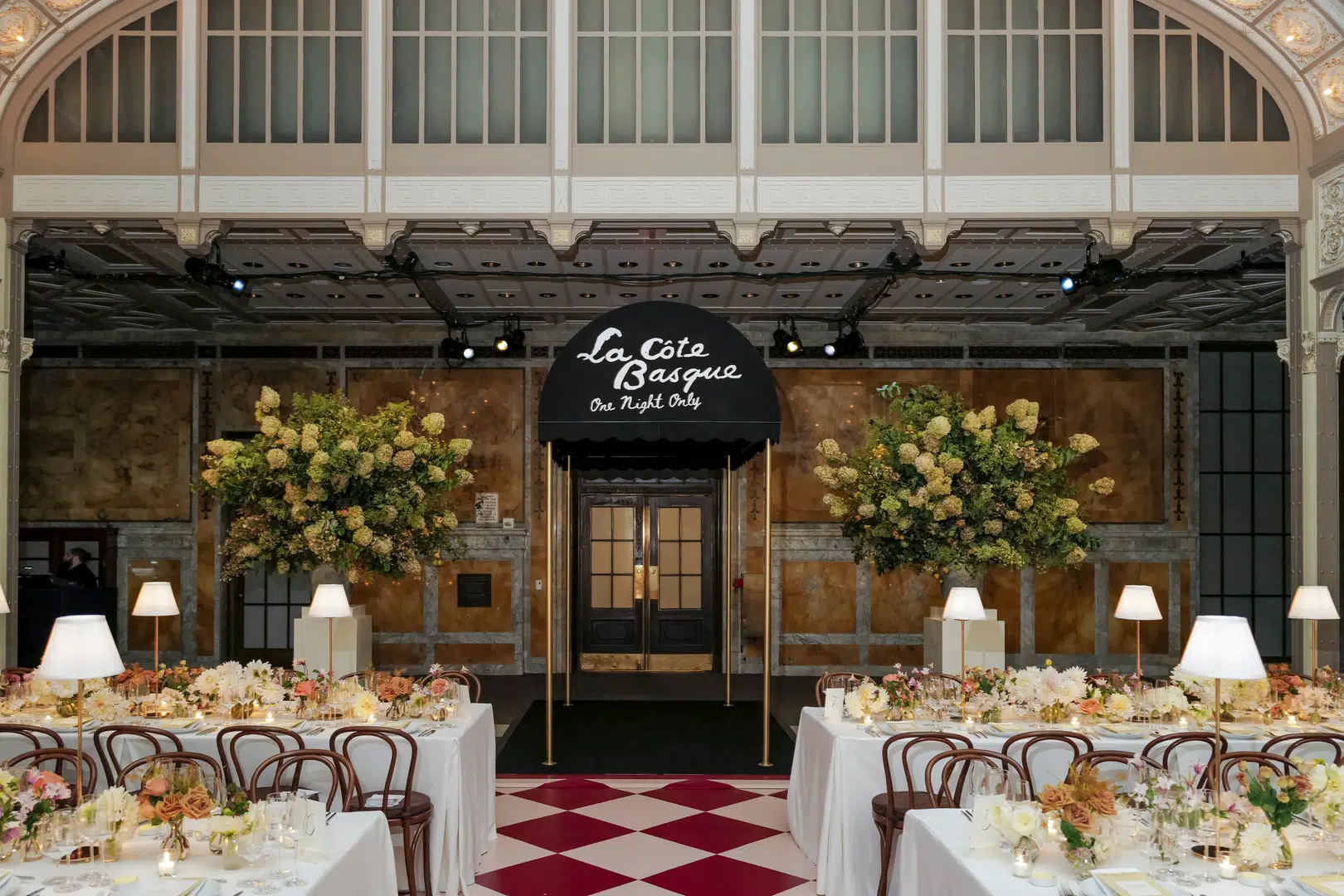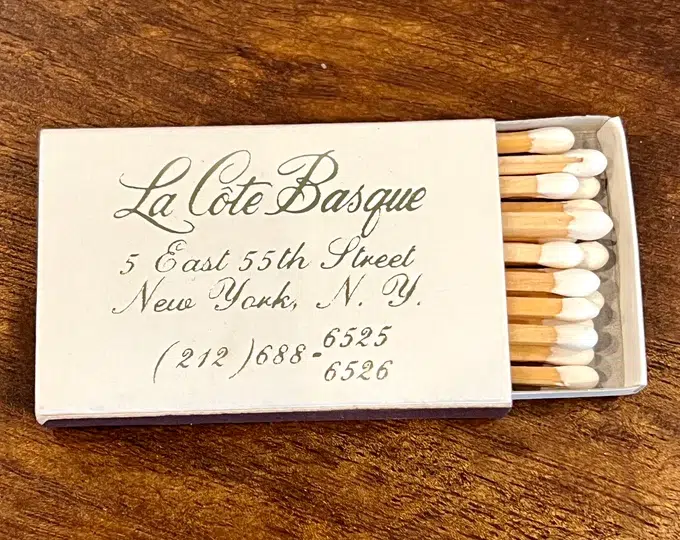The New York Times called it a "former high-society temple of French cuisine at 60 West 55th Street."
La Côte Basque was more than just a dining establishment—it was a cultural institution, a stage where the rich, famous, and powerful dined under chandeliers and above gossip-soaked parquet floors. From its opening in 1958 until its closure in 2004, La Côte Basque became synonymous with high society and a symbol of elegance and exclusivity in Manhattan.
Founded by Henri Soulé, a French restaurateur with a flair for luxury and sophistication, La Côte Basque quickly established itself as a premier destination for the elite. Soulé, known for his impeccable taste and charismatic personality, envisioned a restaurant that combined classic French cuisine with an atmosphere of glamour. His leadership set the tone for the restaurant's renowned status, attracting a clientele that included Hollywood stars, European royalty, socialites, and influential figures in fashion, literature, and politics. Regulars included iconic figures such as Jacqueline Kennedy Onassis, Babe Paley, Gloria Vanderbilt, and Truman Capote.

Aristotle Onassis and Jacqueline Kennedy Onassis at La Côte Basque

Babe and William Paley outside La Côte Basque in 1965
Truman Capote, the celebrated American writer, had a particularly notorious connection to La Côte Basque. It was here that Capote set his short story "La Côte Basque, 1965", part of his unfinished novel Answered Prayers. Published in Esquire in 1975, the story caused an immediate scandal as it depicted thinly veiled characters based on Capote's real-life socialite friends. Revealing their secrets and indiscretions, Capote’s story led many to feel betrayed by the writer, who was subsequently shunned from the circles he once navigated so effortlessly. This dramatic fallout is a central theme in the TV series Capote’s Women (previously titled Capote vs. the Swans), which dramatizes the writer’s complex relationships with the elite women who inspired his work and whom he ultimately alienated. The show revisits the world of high society that Capote so brilliantly chronicled—and so disastrously betrayed—further solidifying La Côte Basque's place in literary and cultural history.
Behind the scenes, La Côte Basque’s culinary excellence was orchestrated by the talented chef Jean-Jacques Rachou. Rachou, who took over the kitchen in 1979, was instrumental in maintaining the restaurant’s reputation for fine French cuisine. Known for his meticulous attention to detail and dedication to traditional French cooking, Rachou became a revered figure in New York's culinary world. Under his leadership, La Côte Basque continued to attract a loyal clientele who appreciated both the elegance of the dining experience and the authenticity of the food.

Truman Capote, in his U.N. Plaza apartment
Although La Côte Basque closed its doors in 2004, its legacy continues to resonate in popular culture. Two nights ago J.Crew celebrated the restaurant's storied past with an extravagant event at the New York Public Library for NYFW. The library was transformed to recreate the restaurant’s opulent ambiance, complete with decor inspired by the original establishment. The event’s menu paid homage to La Côte Basque’s renowned French dishes, offering attendees a taste of history. The soirée attracted a crowd that mirrored the high society that once dined at the restaurant, underscoring La Côte Basque's lasting influence on New York’s cultural landscape.
A further testament to La Côte Basque's enduring appeal is the collectibility of its matchbooks, which carry intriguing stories of their own. In the mid-20th century, matchbooks were a common promotional item distributed by restaurants, bars, and hotels, but those from La Côte Basque became particularly sought after due to the restaurant’s elite status. Elegantly designed with the restaurant's name and logo, these matchbooks were not just promotional items but status symbols, small tokens that represented the glamour of the dining experience. Many celebrities who dined at La Côte Basque took home these matchbooks as mementos, and it's said that Truman Capote himself had a penchant for such keepsakes.

J.Crew Recreated Swan-Favorite La Côte Basque at the New York Public Library
Adding to their allure, La Côte Basque sometimes created custom matchbooks for special events hosted by high-profile individuals, making these personalized matchbooks even more unique and collectible. Today, they are highly prized by collectors of vintage restaurant memorabilia, with their value increasing over the years. Owning a La Côte Basque matchbook is akin to holding a piece of the glamour and sophistication that the restaurant epitomized. These small, tangible remnants serve as reminders of a time when dining out was as much about the experience and the company as it was about the food.

La Côte Basque Matchbox from the 1980s